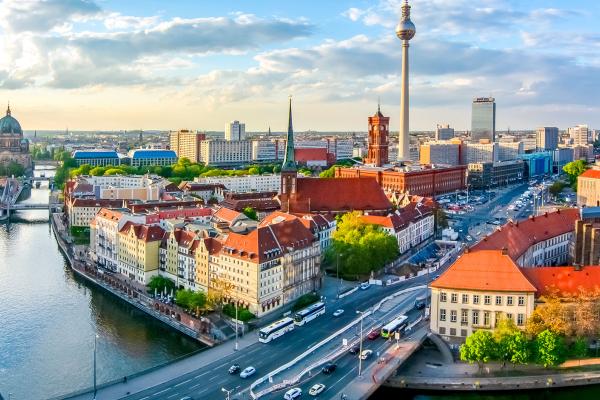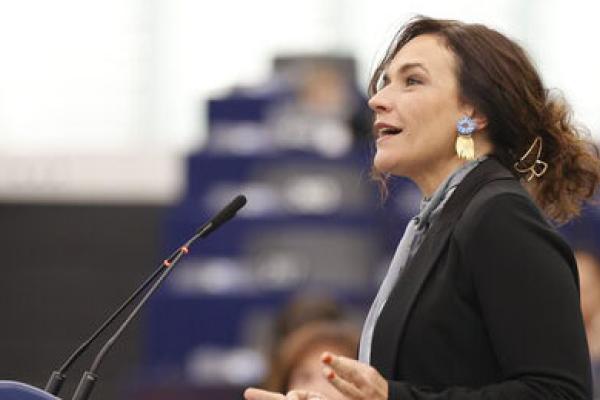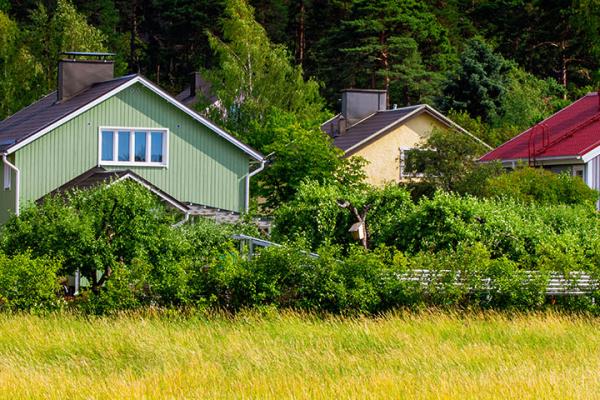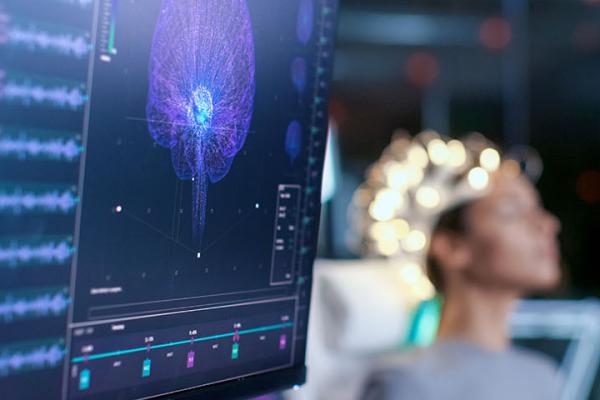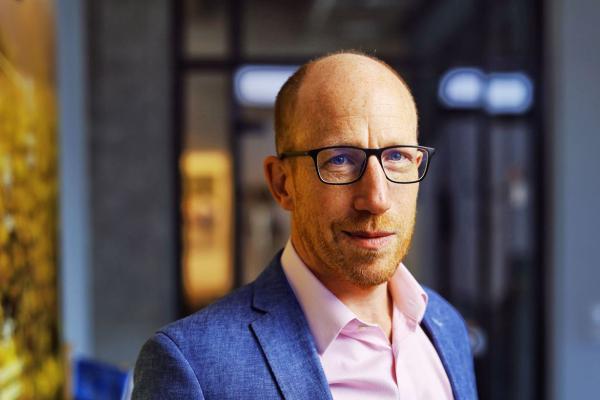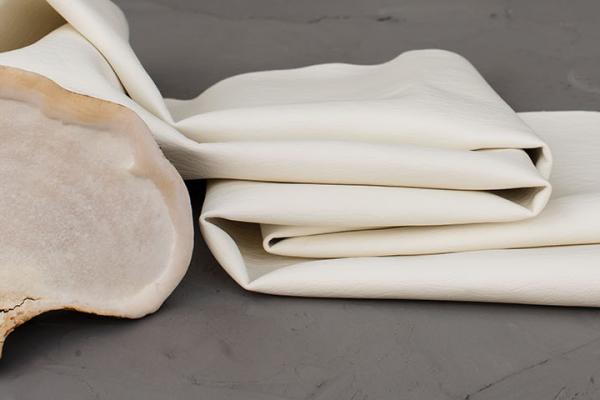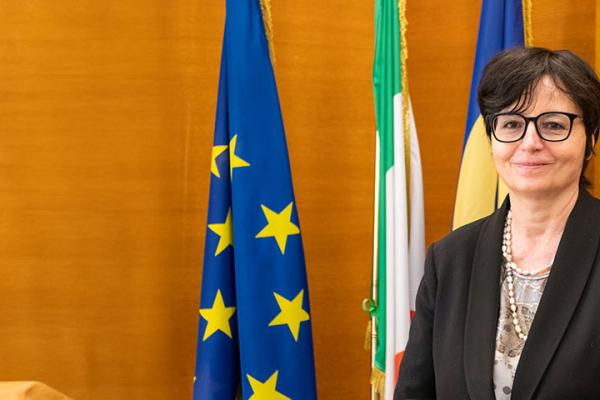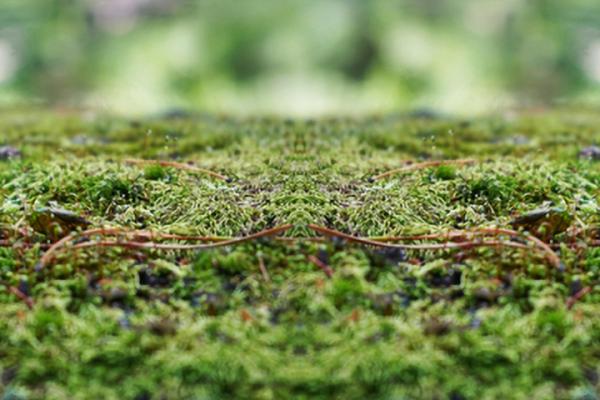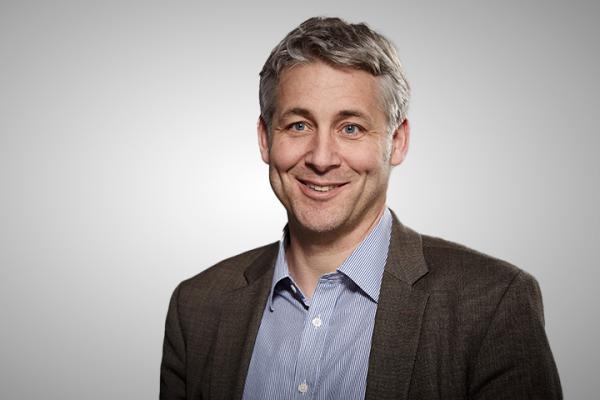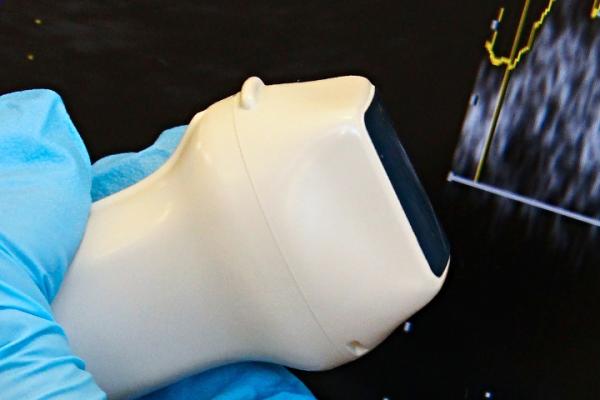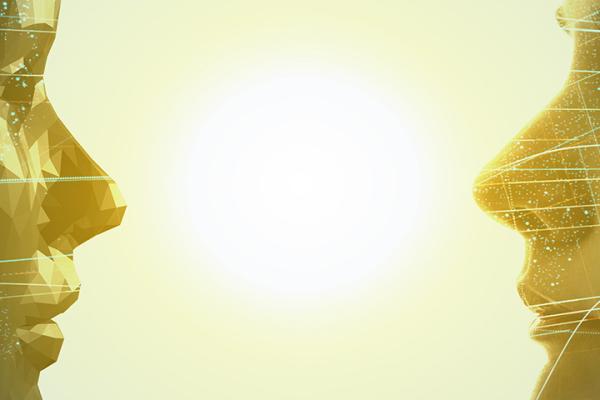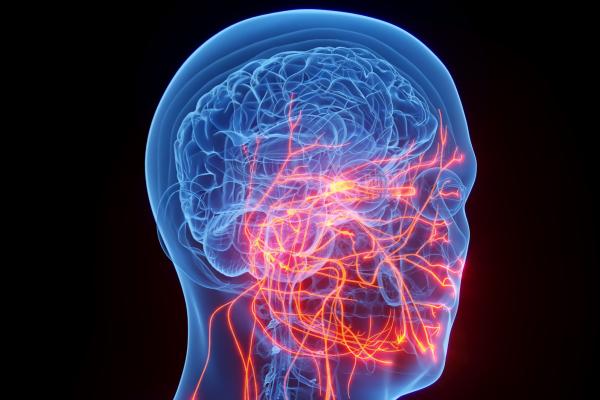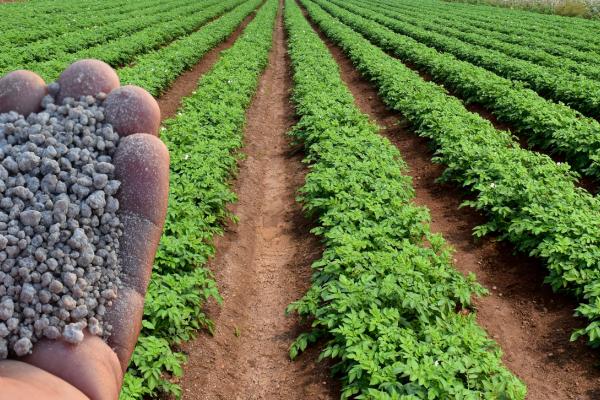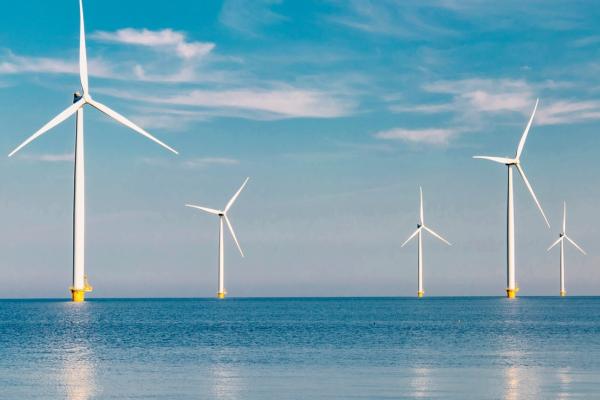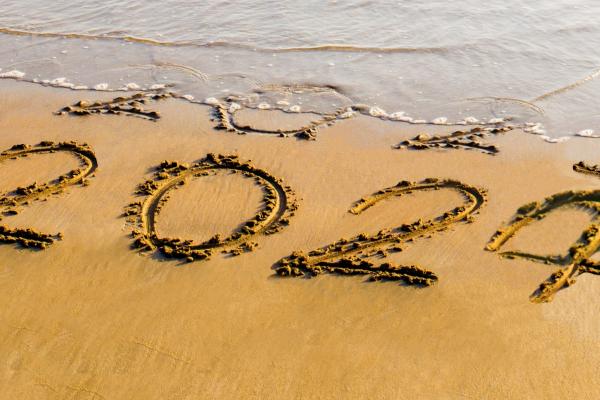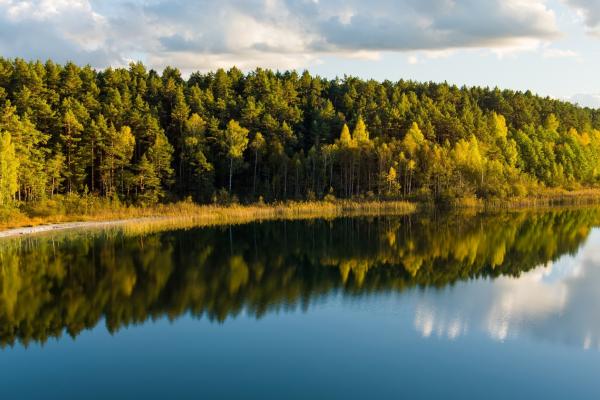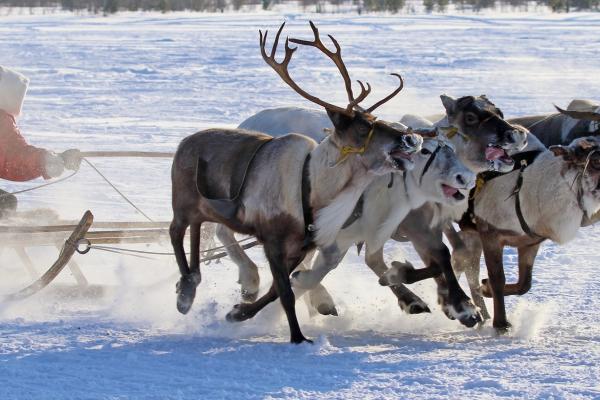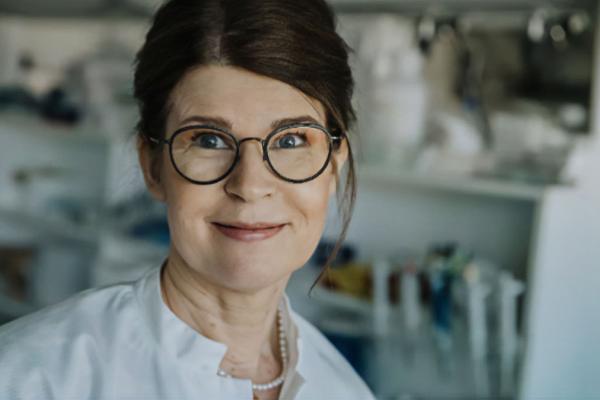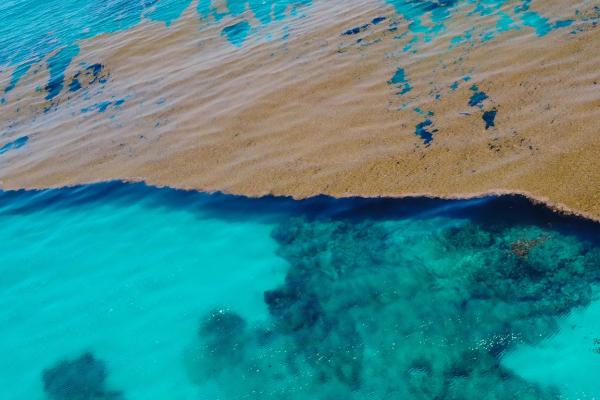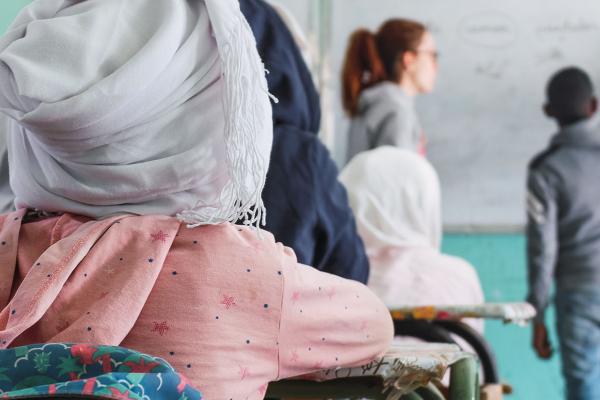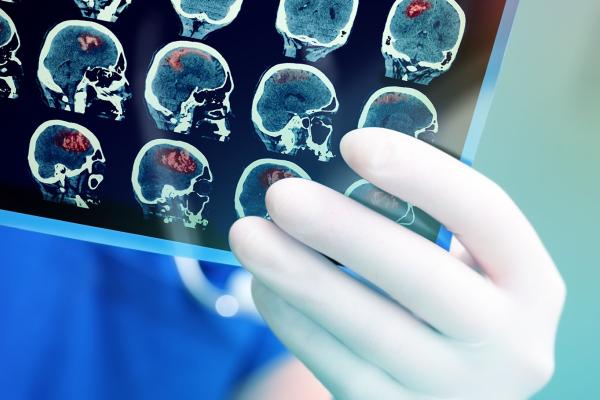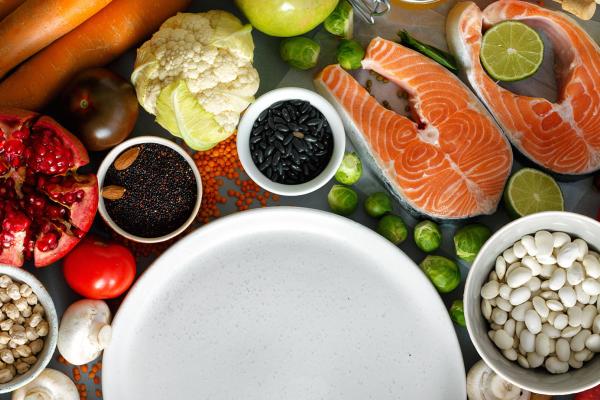More international attention is being paid to the importance of common standards for performing scientific experiments and measuring their results – a field called metrology.
Special series

Researchers on a mission
The EU is on a mission with researchers to protect our planet and society.
By helping researchers discover new ways to improve people’s lives, and to protect us from climate change and global health shocks, the EU is building a better future for all of us.
Most popular
-
1By Anthony King
-
2By Horizon Staff
-
3By Vittoria D’Alessio
-
4By HORIZON STAFF
-
5By Helen Massy-Beresford
Top videos
Switching people on to green power in Europe
16 May 2024
Buildings leap to the future with new logbooks
14 May 2024
Past articles
Researchers are exploring links between microorganisms in the human gut and neurodevelopmental disorders in the hope of accelerating diagnosis and treatment.
It’s not just trees that help tackle global warming but also the ground in which they grow.
Consumer demand in the EU is growing for more sustainable food production.
Advances in plane technology promise one day to help many people in Europe and elsewhere get a better night’s sleep.
Researchers are developing portable ultrasound devices that promise improved treatments for millions of patients.
Simulations of the human body and advanced data promise more personalised medical treatment for a range of illnesses.
The human body’s longest cranial nerve has the potential to improve health on numerous fronts, according to researchers.
Instruments smaller than a human hair are being designed to eradicate antibiotic-resistant bacteria and fight cancer.
Nature is being harnessed in the EU to improve the wellbeing of city dwellers, including people suffering from loneliness.
A group of critical raw materials may help Europe reduce supply-chain vulnerabilities.
In addition to generating clean energy, sea locations with turbines could be used to grow mussels, oysters and seaweed.
Five experts who appeared in Horizon Magazine in 2023 outline how their areas of activity will evolve in the coming year and beyond.
Traces of life in the environment reveal ecosystem health, prompting a scientific hunt for them.
The relationship between indigenous peoples in the Arctic region and their herds reveals a rich history and provides clues about how to protect it.
EU researchers are coming up with new ways to tackle the range of illnesses tied to the human body’s most complex organ.
Scientists from numerous countries are joining forces to tackle risks to life in the world’s second-largest ocean.
Literary masterpieces and other educational activities feature in EU-funded efforts to help displaced young people feel at home across the continent.
By harnessing unusual allies, pioneering cancer treatments could reduce the need for invasive surgery and save lives.
New machines can improve conditions for workers and boost industrial productivity.
Making diets kinder to the environment and better for people’s health requires root-and-branch changes in production and consumption.
Weekly news alert


